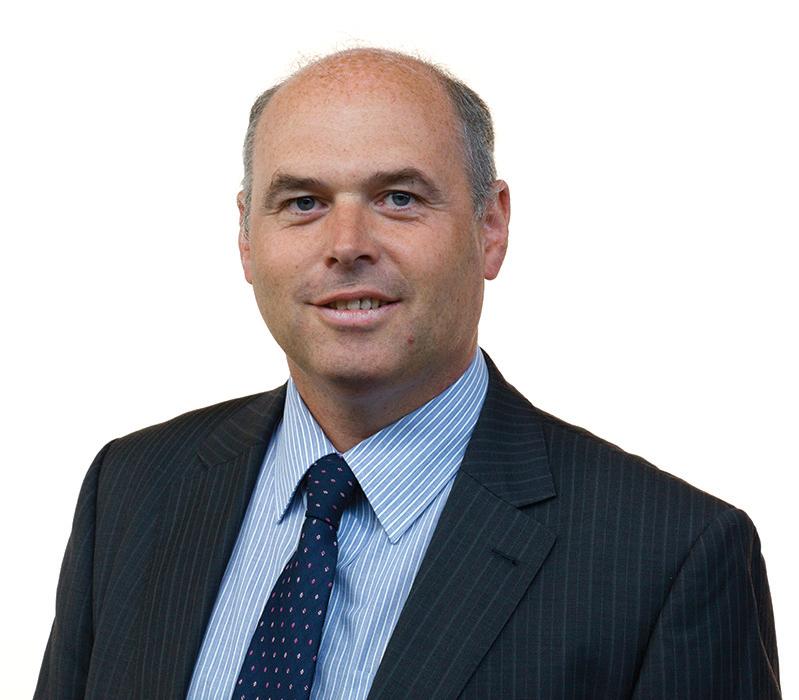A REPORT by the StepChange Debt Charity has claimed that people in Wales are struggling to meet the cost of living, falling behind in their bills. The report, ‘Wales in the Red’, states that 9,270 people called the charity’s helpline last year, which was a rise of 23% from 2013.
Mike O’Connor, chief executive of StepChange Debt Charity, said: “The situation facing too many households in Wales is becoming more precarious. People overall owe less on unsecured debt such as credit cards and personal loans but the amount they owe on life’s essentials such as water and Council Tax is growing. Falling behind on paying off debts due to borrowing is bad enough, but when people are struggling with everyday living costs, the situation for individuals and their families becomes a crisis that society cannot ignore. Action must be taken to prevent more families falling into problem debt, and to help and protect those who are already unable to keep their heads above water.”
The findings of the report stated that Welsh clients with Council Tax debt rose to almost a third last year, with the average debt at £762. Also, that the proportion of Welsh clients in water arrears has almost doubled since 2011, from 14.8% to 28.8%. The average amount owed in water arrears is £714, and finally, that the proportion of Welsh clients who rent their home and have rent arrears stood at 23% in 2014, with 13 of the 22 unitary authority areas having higher than average levels of renters in arrears. It also found that a third of Welsh clients were paying more than 25% of their income towards servicing their debts at the time of contacting the charity.
In response to these figures, a Welsh Government spokesperson said: “We understand the challenges facing families across Wales who are struggling to meet the rising cost of living. To help people manage their finances and get out of debt, we have provided £4 million for free advice services which include specialist face-to-face financial advice and support.”
A Pembrokeshire County Council was keen to explain what help they offer those struggling with debts, saying: “In cases where customers appear to be experiencing difficulty with Council Tax payments, there are a number of options available to help. In the first instance, we can offer to extend their payments from 10 instalments to 12. Customers will be invited to apply for a Council Tax reduction based on their income and personal circumstances. Additionally, if there is the potential to award a discount (for example a single person discount) that will be discussed to assess eligibility.”
Conservative politicians were keen to extol the virtues of programmes they believe are helping those struggling in the UK. AM, Angela Burns said: “Under David Cameron’s long-term economic plan, there are more people in work than ever before, inflation is at a record low and interest rates are keeping mortgage bills down.”
Carmarthen West and South Pembrokeshire MP Simon Hart said: “There is always further to go but I hope the combination of falling unemployment, low inflation, low interest rates are seen as signs of real lasting recovery from the dark days pre 2010. And for the first time we are seeing wage levels increasing at a faster rate than inflation.”
Paul Davies, AM for Preseli Pembrokeshire also added: “Like the Conservatives in England, we would freeze council tax – which means putting money back in people’s pockets.”
However, Plaid Am for Wales Mid and West, Simon Thomas, said in response: “There is no wonder that more people in Wales struggle to meet the cost of living. Independent think tank The Institute of Fiscal Studies (IFS) has called it astonishing that seven years later, incomes are still no higher than they were pre-recession and that for working age people, they are still lower. The IFS’s analysis pins the blame on the UK’s woeful productivity performance. Plaid Cymru has said from the beginning that deep and damaging cuts to public spending is not the way to turn the economy around. The way to increase productivity is to increase activity. We need to get people out spending their disposable income, increasing activity on high streets and our town centres, increasing output from manufacturing and construction and driving up profits for the private sector which in turn will lead to higher wages.”
















Add Comment